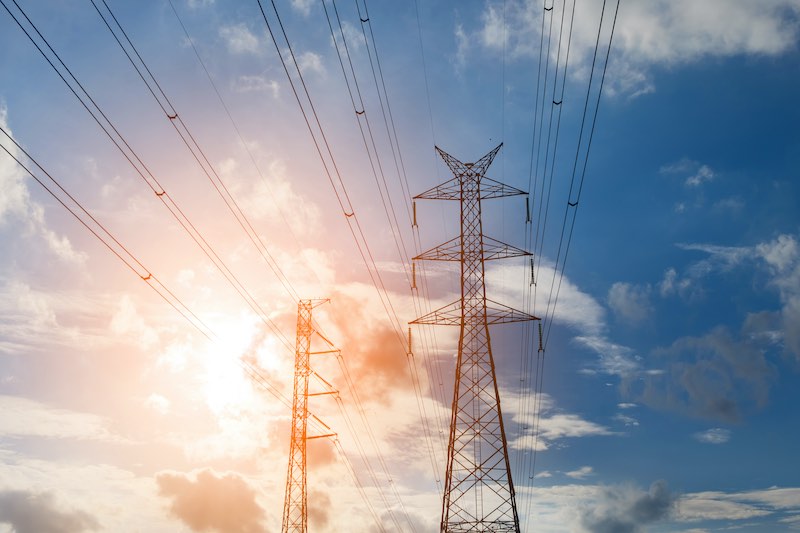High Electricity Prices Expected to Continue After Record-Breaking Summer

Spiralling gas prices, unfavourable conditions for wind and solar power, nuclear outages contributed to escalating high electricity prices over the summer, culminating in record prices at the end of September, a new report from EnAppSys revealed.
The analysts caution that power prices will likely stay high throughout the winter, contributing to supplier collapses and price hikes for consumers.
Wholesale electricity prices were already high at the start of the third quarter in July. at £31.37 per Megawatt-hour (MWh). Driven by shortages and “extreme” prices in the gas market, they continued to climb across the summer, passing the £50.00/MWh milestone on 13 September and finishing the quarter at £72.01/MWh.
Day-ahead wholesale prices averaged at £126.14/MWh—a previously unheard-of price and 69% higher than the previous record of £74.85/MWh set in the spring quarter.
EnAppSys said a “major contributor” to this surge in electricity prices was the global gas shortage. European gas reserves weren’t replenished after the long, cold winter and were 25% lower than during the summer of 2020 and lower than in any third quarter since EnAppSys started collecting the data in 2015.
Carbon allowance prices also hit an all-time high during the quarter. These two factors increased the break-even cost of gas generation to such a level by mid-September it was frequently cheaper to generate electricity using the least efficient coal units than the most efficient gas units.
This led to the Electricity System Operator (ESO) calling on Britain’s remaining three coal units, including the coal units at Drax that were closed for commercial generation in March but remained available as a backup. Coal contributed 1.15TWh (1.9%) of electricity over the summer, up 335% from the summer of 2020. The majority of this volume was supplied by the three coal units at Uniper’s Ratcliffe-on-Soar, due to be the UK’s last active coal power station before the fossil fuel is entirely phased out by October 2024.
Low renewables output also contributed to tight margins and high prices on the electricity market. Wind generation was 28% lower than the same period last year due to low wind winds. Unfavourable weather has hit solar generation.
Meanwhile, nuclear accounted for just 16.1% of total generation across the quarter, the lowest of any quarter since EnAppSys started collecting the data in 2002. This was the result of outages for repairs and maintenance at Sizewell B and some units at Heysham and Hinkley Point B also being offline for long periods.
The downward trend in nuclear generation seen over the last few years is expected to continue, with generating capacity to fall with the permanent closure of Hunterston B by the end of the year and Hinkley Point B by the end of the next year. This capacity won’t be replaced until the construction of Hinkley Point C completes in 2026. No other nuclear projects have been confirmed, with the government and EDF stalling on the planned Sizewell C under threat because of concerns about the involvement of China General Nuclear. However, The Telegraph reported last week that the government will fund a new nuclear power station—likely Sizewell C—before the end of the current parliament in 2024.
These factors all led to Britain relying more heavily on imported electricity between July and September: imports were up 202% compared to the summer of 2020. However, a fire at the IFA1 interconnector on 15 September, near the end of the quarter, will limit imports from France’s nuclear power stations until October 2023, National Grid confirmed.
Despite limited supply and soaring prices, gas-fired power stations contributed the largest share of the country's electricity: 40.6% of This reliance on gas will continue over the winter unless renewables output significantly increases.
This means Britain’s energy suppliers, manufacturers, and household should brace for record costs.
Read on our blog

With the government poised to implement tough new measures to...

Budget broadband provider TalkTalk has been notifying customers via email...

A year-long investigation by charity Citizens Advice has revealed a...

Education Secretary Nadhim Zahawi has announced a new commitment to...
